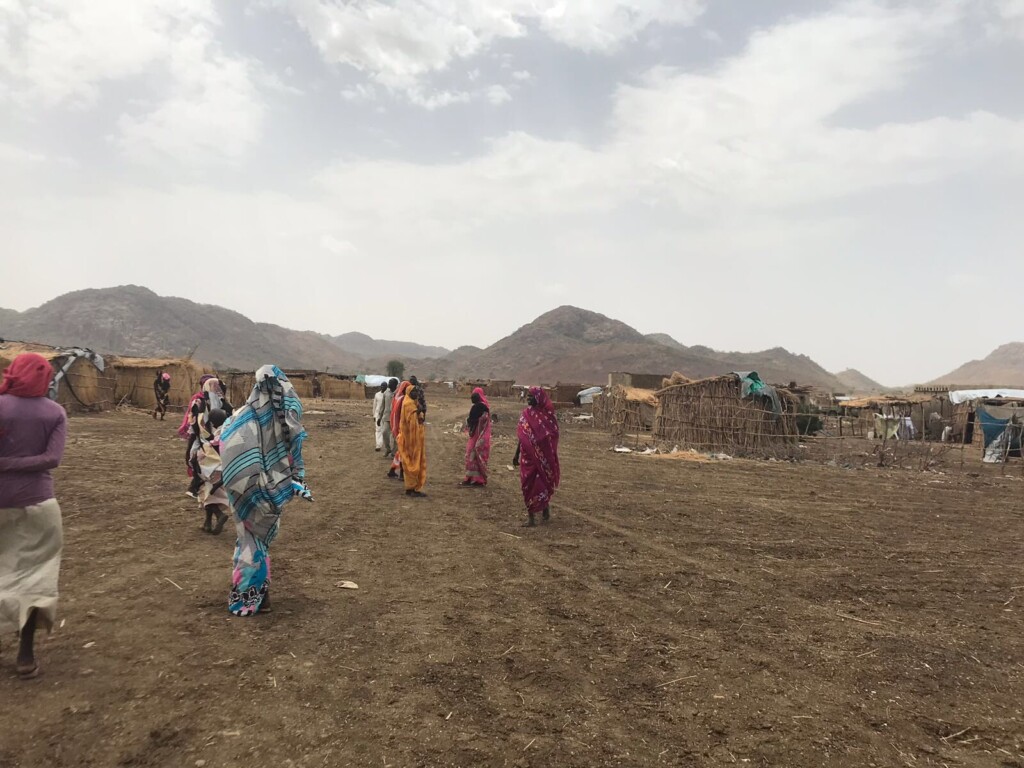Education, healthcare chaos in Kordofan

Displaced in Kadugli, capital of South Kordofan, in 2018 (File photo: UN / Martin Griffiths)
South Kordofan’s educational and medical landscape depicts a dire situation, especially in the areas under control of the Sudan People’s Liberation Movement-North led by Abdelaziz El Hilu (SPLM-N El Hilu), as stated by the secretary of education in the Nuba Mountains, Danial Ibrahim, in an interview with Dabanga yesterday. El Obeid, capital of North Kordofan, and a vital hub for providing healthcare services to western Sudan, struggling to meet the healthcare needs of its population.
Ibrahim lamented that the scarcity of essential educational resources has meant that the Nuba Mountains areas under control of the SPLM-N El Hilu, comprising 255 kindergartens, 294 primary schools, 22 secondary schools, and three training institutes, will “run out of all educational materials within the week”.
The learning environment is also far from ideal, as schools are “forced to operate under trees or makeshift structures, hampering the educational process and students’ academic achievements”.
He added that a “majority of educators lack proper training”, and added that teachers often work without fixed salaries, relying on student contributions and fees for income.
North Kordofan
The humanitarian crisis extends beyond education, as indicated by a report published yesterday on X (formerly Twitter) by the Sudanese Central Observatory of Human Rights (COHR), monitoring healthcare services in El Obeid, the capital of North Kordofan.
Their report outlines the particular difficulties facing the region amidst the current conflict, including significantly disrupted medical services, which have led to shortages of pharmaceutical supplies, medical aids, reagents, and laboratory equipment.
According to COHR, El Obeid, a vital hub for providing healthcare services to Darfur and other parts of western Sudan, now struggles to meet the healthcare needs of its population.
El Obeid’s health care system comprises public and private facilities, with different stability levels. Public hospitals, like El Obeid Teaching Hospital, fluctuate due to conflict, while private institutions, like El Obeid International Hospital, offer more consistent care. Nevertheless, even private facilities are facing severe shortages.
COHR maintains that whilst these difficulties persist, efforts to maintain services such as immunisation procedures for children and pregnant women continue, albeit under difficult circumstances. However, critical services like cardiothoracic and vascular surgery are unavailable due to the conflict’s impact on healthcare infrastructure and supply chains.








 and then
and then